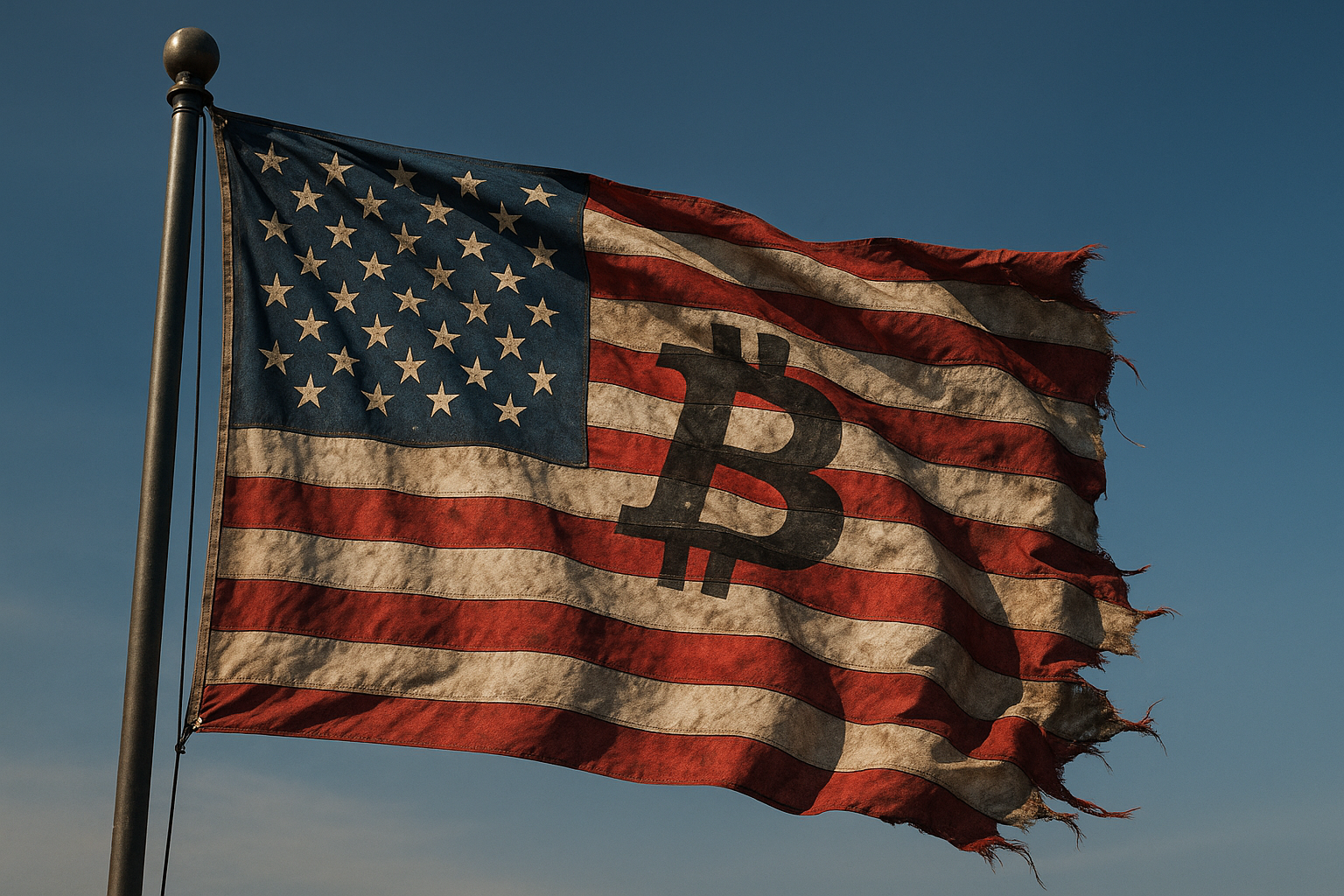In a move sending tremors through Washington's financial circles, President Trump is actively considering the unprecedented ouster of Federal Reserve Chair Jerome Powell.
The shocking proposal was reportedly floated by the President himself during a Tuesday night meeting in the Oval Office with a group of House Republicans. According to several sources present, Mr. Trump directly asked the lawmakers for their opinion on firing the nation's top banker, and the idea was met with resounding approval from the room. Some insiders even indicated that the President appeared resolved to follow through on the move.
On Wednesday, Mr. Trump did little to quell the speculation, confirming the extraordinary conversation to reporters. "I talked to them about the concept of firing him," he stated from the Oval Office. "I said, 'What do you think?' Almost all of them said I should. But I'm more conservative than they are." This public confirmation has only intensified concerns about the Federal Reserve's cherished independence.
The backdrop for this dramatic consideration appears to be pure political frustration. Sources told CBS News the discussion occurred just after the assembled Republican members had blocked a procedural vote on cryptocurrency legislation, a bill favored by the President. The timing suggests a tense atmosphere where the President is weighing all his options, including those with potentially severe economic consequences.
Venturing down this path would be a dive into legally murky and economically treacherous territory. Federal law is designed to insulate the central bank from political pressure, stating that a Fed chair can only be dismissed "for cause." What constitutes sufficient "cause" is legally untested, and any attempt to remove Powell would likely ignite a fierce legal and political battle. More critically, such an action could shatter investor confidence and trigger chaos in financial markets, which rely on the predictability and independence of the Federal Reserve to maintain stability. The mere suggestion has already put Wall Street on high alert, as the potential for a clash between the White House and the central bank poses a significant risk to the economy.


